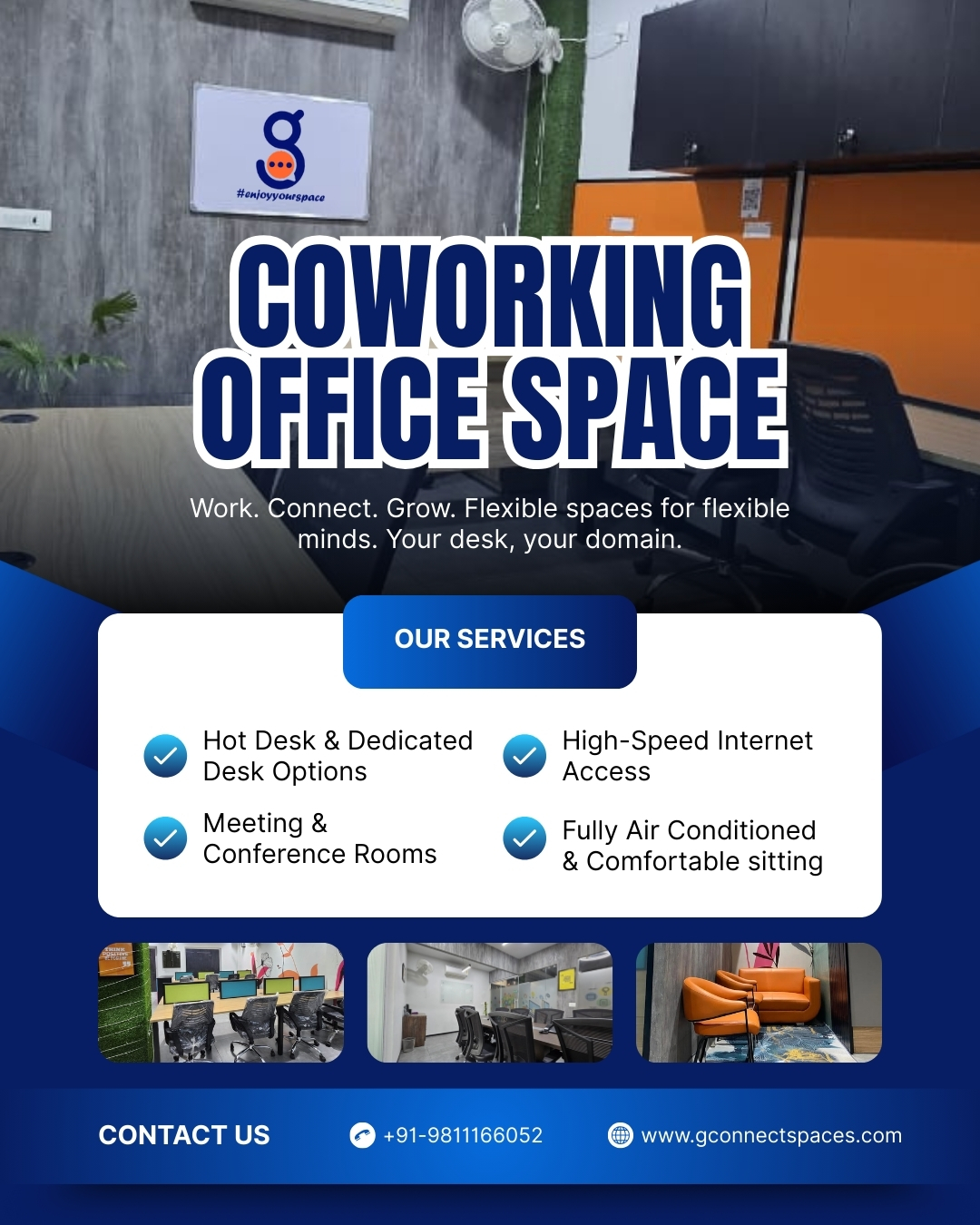Introduction
Immigration consulting looks simple from the outside helping people move abroad guiding them with paperwork and submitting applications. But anyone who has worked in this field knows it is far from easy. Behind every successful visa approval, there are sleepless nights and piles of documents and endless client questions and sudden changes in immigration rules.
So why do so many immigration consultants feel like they are always chasing deadlines, struggling with client expectations and running against time?
Let’s break down the real hidden challenges that consultants face every single day.
1. Endless Document Management
Each client has a mountain of documents passports certificates financial proofs experience letters translations and more. Multiply tasks by 50 or 100 clients and suddenly consultants are drowning in paperwork. The risk?
- A single missing document can delay months of work.
- Files often get misplaced or mislabelled.
- Manual tracking wastes valuable hours.
Instead of focusing on building strategies for clients consultants spend most of their time chasing files and correcting small errors.
2. Constant Changes in Immigration Rules
Immigration laws are never fixed. Countries update rules for skilled workers students and permanent residents almost every month. For consultants this means:
Yesterday’s advice may be outdated today.
Clients get confused when rules change mid way.
Staying updated becomes a full time job in itself.
One mistake in following the latest rule can cost the client a rejection and the consultant their credibility.
3. Managing Clients at Different Stages
Unlike other industries immigration consulting is not a one time process. Every client is at a different stage:
Some are just enquiring.
Some are preparing documents.
Some are waiting for embassy replies.
Some are appealing a rejection.
Without a structured way to track these stages consultants can easily lose track of follow ups deadlines and case progress. Clients on the other hand expect timely updates and delays often lead to disappointment.
4. The Pressure of Constant Communication
Clients are usually anxious; they want to know if their future is secure. So consultants face continuous messages like:
Did my application get submitted?
Any updates from the consulate?
How much longer will it take?
When these messages come from emails, WhatsApp, phone calls and in person visits consultants feel overloaded. Without a centralized system important messages often get lost in the chaos.
5. Mistakes Are Costly
In immigration even small errors can lead to big consequences:
- A wrong date of birth in a form.
- Forgetting to attach one document.
- Missing a payment deadline.
Unlike other industries mistakes here don’t just mean redoing work. They mean rejections delays of months and loss of client trust. This is one of the biggest reasons consultants struggle they can’t afford human errors but manual systems make errors unavoidable.
6. Competition in the Market
The number of immigration consultants has grown rapidly. Every city has dozens of agencies and clients compare options before choosing. This means consultants must stand out not just with their knowledge but also with speed,accuracy and trustworthiness.
A consultant who still works manually often loses clients to competitors who provide faster and more transparent services.
7. Financial Tracking Challenges
Consultants are not only handling visas they are also running a business. Managing service fees installment payments refunds and staff salaries is a big task.
But when accounts are handled on spreadsheets or registers errors become common.
- Payments are missed.
- Receipts are lost.
- Revenue tracking becomes unclear.
This creates financial stress even if the consultant has many clients.
8. Growing Stress and Burnout
Put all these problems together paperwork, client pressure, constant calls changing rules, financial worries and consultants end up overworked. Many spend late nights reviewing files or rechecking applications.
The result?
Stress and burnout.
Less time for family or personal life.
Lower efficiency at work.
When consultants are stressed even their clients feel it.
Practical Fix: Where Technology Fits In
So what’s the way forward? The truth is that most of these challenges exist because consultants still depend on manual systems.
Modern immigration CRM software is built specifically for this industry. It doesn’t just make things digital it solves practical daily struggles:
Organized Documents: All client files in one place easy to access anytime.
Real-Time Updates: Templates and checklists updated with new rules.
Stage Tracking: Every client visible by process stage so no one is forgotten.
Financial Clarity: Income expenses and payments tracked clearly.
Centralized Communication: All Our client conversations are stored in one platform.
Automation: like Reminders, deadlines and payments handled automatically.
This reduces human error, saves time and most importantly restores client confidence.
Final Thoughts
Immigration consultants are not failing because they don’t know their job. They are struggling because the workload has grown far beyond what traditional methods can handle.
The world of immigration is fast competitive and constantly changing. Consultants who keep relying on files notebooks and spreadsheets will always feel like they’re one step behind.
The only way to truly keep up is by adopting smarter tools that simplify work reduce errors and make the entire process transparent. In the end consultants who adapt will not only survive they will lead the future of immigration services.


